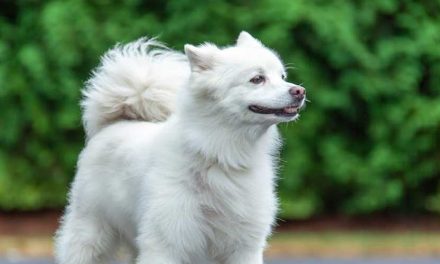Dogs are often referred to as “man’s best friend,” a title that reflects the deep bond we share with these loyal companions.
Beyond their unwavering love and affection, what truly makes each dog special is their unique personality.
Just like humans, every dog has its own temperament, quirks, and preferences that shape how they interact with the world around them.
Understanding these distinctive traits is essential for fostering a strong and fulfilling relationship between dogs and their owners.
The Spectrum of Personalities
When we think of dog personalities, we can categorize them into various temperaments.
Some dogs are outgoing and exuberant, while others are more reserved and shy.
Breeds also play a significant role; for instance, retrievers are typically known for their friendly disposition, while some herding breeds may exhibit a more assertive personality.
However, within every breed, individual differences abound.
1. The Social Butterflies:
Some dogs thrive on social interactions and love meeting new people and other pets.
They are often curious and eager to explore their surroundings, showing excitement with wagging tails and playful barks.
These dogs might enjoy activities like dog parks, playdates, or even training classes where they can engage with others.
2. The Laid-Back Companions:
Other dogs may be more relaxed and content to lounge in their favorite sunny spot or next to their owner on the couch.
These pets often enjoy quiet evenings at home and are perfect companions for those who prefer a more tranquil environment.
3. The Fearless Explorers:
Some dogs are adventurous and have a keen sense of curiosity.
They love exploring new places, whether it’s a hike in the woods or a new route on their daily walk.
Their playful and energetic nature can be both entertaining and inspiring, reminding us to embrace our sense of adventure.
4. The Shy Souls:
Conversely, some dogs may be timid and take longer to warm up to new experiences and people.
Understanding and patience are key in these cases, as building trust is vital for helping them feel secure.
The Importance of Personality in Training and Care
Recognizing a dog’s unique personality is crucial in shaping effective training approaches.
For example, a highly energetic dog may benefit from more physical exercise and mental challenges, while a calmer breed might respond better to gentle training techniques that emphasize positive reinforcement.
Moreover, understanding personality can aid in choosing the right environment for your dog, whether it’s a bustling household or a quieter setting.
Building a Bond Through Understanding
Taking the time to learn about a dog’s personality opens up opportunities for deeper connections.
Engaging in activities that match their interests—be it fetch for the active, puzzle toys for the clever, or snuggling sessions for the affectionate—can greatly enhance their quality of life.
This not only serves as enrichment for your dog but also strengthens your bond, creating a remarkable companionship that’s built on understanding and mutual respect.
Conclusion
Every dog is a unique individual with its own set of personality traits, and recognizing these differences is essential for responsible pet ownership.
By understanding and embracing their distinct traits, we can provide the best care possible, ensuring that our canine companions lead happy, healthy lives.
After all, our dogs are not just pets; they are cherished members of our families, each with their own whimsical quirks and endearing qualities that enrich our lives in countless ways.
In the end, it’s their unique personalities that make every moment spent with them truly special.









